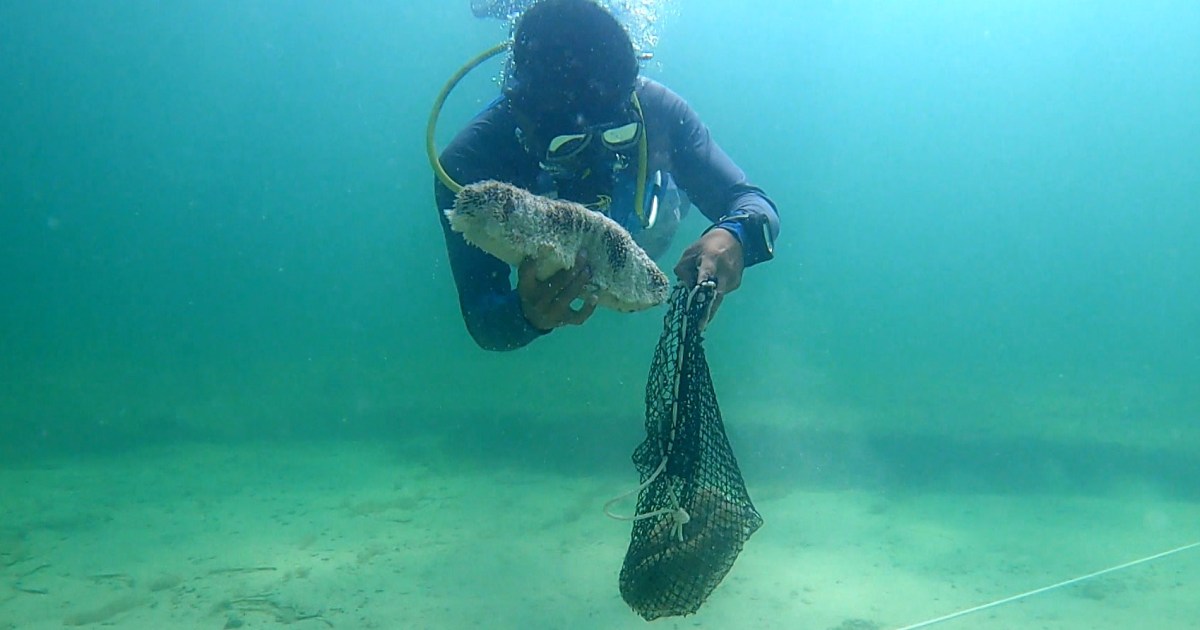[ad_1]
Security forces didn’t attend the scene of a massacre in Michoacán on Sunday until almost five hours after it occurred, giving the perpetrators ample time to clean up and remove the bodies.
As many as 17 people were killed in a firing squad-style execution after they were forced to leave a wake they were attending in the center of the town of San José de Gracia.
According to Michoacán Attorney General Adrián López Solís, the massacre took place at 3:30 p.m. on Sunday, but state and federal security forces didn’t reach the crime scene until 8 p.m.
Mayor Jorge Luis Anguiano said that the multi-homicide was reported to local authorities at about 5 p.m., but he ordered the three municipal police officers on duty not to confront the heavily-armed perpetrators because they were outnumbered and outgunned.
“… We didn’t approach the scene until backup arrived because we didn’t have the capacity,” he told the newspaper Reforma.
Michoacán Governor Alfredo Ramírez Bedolla said Monday that the massacre wasn’t reported to state authorities until three hours after it occurred. An investigation is underway to determine why it took so long for them to be notified, he said.

The crime scene had been cleaned by the time state and federal security forces arrived, although they found spent bullet casings, bags filled with body parts and another bag with cleaning product containers.
“The crime scene had already been manipulated,” López Solís said.
The delay in notifying state authorities “could be explained by the lack of a report from the first responders who … should have been the municipal police,” the attorney general said.
“[But] there were only three [on duty], and they didn’t activate the alert services of the state security system,” he said.
The aggressors apparently took away the slain bodies in the vehicles in which they arrived. As the corpses haven’t been found, authorities haven’t confirmed the number of victims. Unofficial reports put the number between 10 and 17.
López Solís said the target of the attack, and one of the victims, was Alejandro G., a presumed drug trafficker known as El Pelón. The news website Infobae reported that he was a member of the Familia Michoacana criminal group, but he apparently switched allegiances and later worked for the Jalisco New Generation Cartel.

El Pelón was attending a wake for his mother in a private home and was accompanied by alleged fellow criminals.
Deputy federal Security Minister Ricardo Mejía said Tuesday that Abel N. – a CJNG operative known as “El Viejón” and “El Toro” – killed Alejandro G.
Abel N. allegedly killed El Pelón’s brother in a San José de Gracia cantina in 2018, while Alejandro G. allegedly settled that score by murdering El Viejón’s brother last December. Thus the execution of El Pelón, and other people attending his mother’s wake, appears to be revenge for that homicide.
San José de Gracia is the municipal seat of Marcos Castellanos, located in the northwestern corner of Michoacán on the border with Jalisco.
In addition to apparent internal disputes, the CJNG is involved in a turf war with the Cárteles Unidos in Michoacán, but that conflict is mainly centered on the state’s southwestern Tierra Caliente region.
Sunday’s massacre came less than three weeks after the army drove the CJNG out of parts of the Tierra Caliente, a month to the day after an armed attack in Zamora, Michoacán, that killed seven people and four months after a new security plan for the state was announced.
While last month’s military operation succeeded in displacing the powerful Jalisco cartel from one of its strongholds, it didn’t appear to weaken it in any way. Violence spiked in Colima, which borders the Tierra Caliente region, in the days after the CJNG was ousted from southwestern Michoacán, suggesting that cartel members had crossed into that state.
Michoacán is sought after by criminals because the port of Lázaro Cárdenas is an entry point for narcotics, including fentanyl from China, and opportunities abound to extort lime producers, cattle ranchers, operators of iron ore mines and producers of avocados, known colloquially as green gold for the high profits they generate.
Michoacán was the third most violent state in the country last year with over 2,700 murders. Governor Ramírez, who took office last October, said recently that pacifying the state might take six years. Sunday’s massacre epitomizes the vast challenge he faces.
With reports from Reforma, El País, Proceso and Infobae
[ad_2]
Source link


/cloudfront-us-east-2.images.arcpublishing.com/reuters/M4O2GCFNPNJNRAFOME2WYD3OAA.jpg)














